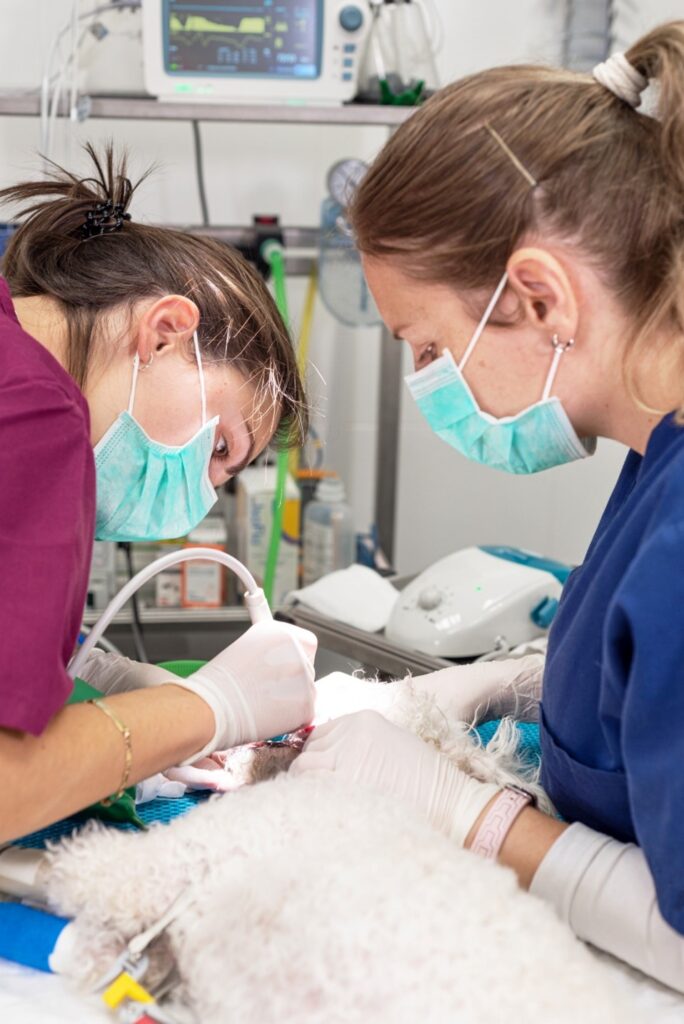
For dogs suffering from temporary bone fractures, excruciating joint diseases, and chronic arthritis, orthopedic surgery may be the best path to be better quality of life.
Advanced orthopedic surgeries have become common in specialized veterinary hospitals, especially when non-surgical treatments and medications cannot manage a condition effectively. Accident trauma is repaired through various forms of orthopedic surgery.
Dennis Johnson of Decatur says that through orthopedic surgery, lives are extended for millions of dogs around the world. Often, lives are saved.
Canine Orthopedic Surgery
Orthopedic surgery is a treatment option for dogs in need of various types of joint or bone repairs. Canine orthopedic surgeries are performed by trained veterinary specialists who use a range of tools that are also seen in human orthopedic surgery, including screws, artificial joints, screws, and bone plates.
This surgery typically requires sedation and anesthesia as well as additional oxygen. Surgeries can take hours and recovery time, which usually includes rehabilitation, is often substantial.
Common forms of orthopedic surgery include reconstruction of tendons and ligaments; total hip and elbow replacements; correction of deformed limbs; bone fracture repair; and arthroscopy on joints using an inserted endoscope.
This method is often used when breeds with a higher risk of joint disease or hip dysplasia begin to age and feel the impact of high levels of activity.
Several different types of fractures may require surgery, including hairline fractures (when the bone is still intact but cracked), joint fractures (which can cause arthritis), and compound fractures (severe breaks where the bone juts out of the skin).

Post-Surgical Care
Most of these canine procedures are considered major forms of surgery and a minimum of six weeks of recovery time is usually necessary. Less complex procedures may require a few weeks of recovery time, primarily involving restrictions on movement and exercise.
Many surgeries come with an additional four-to-six-month period of professional rehabilitation services along with activity limitations at home.
While surgery is considered the most effective approach to correcting joint conditions and bone injuries, following post-surgical protocol under the advisement of a veterinarian is essential for proper recovery and the best physical outcome possible.
Pain medication is often prescribed to help dogs during recovery. Infection-preventing antibiotics may also be a part of post-surgical treatment plans. If dogs are high-energy, sometimes mild sedatives or anti-anxiety medications can be used to help them remain calm as they recover.
Benefits of Orthopedic Surgery
Dogs with daily pain associated with joint movements or those suffering from a traumatic incident like a car crash can get a new lease on life through orthopedic surgery. Mortality rates associated with veterinary surgeries are rare and pain relief is often relieved immediately.
For conditions such as arthritis and bone fractures, canine orthopedic surgery is considered a curative treatment. Mobility is improved tremendously, even if a ligament or tendon is torn. Surgical procedures also help prevent any other health complications that may arise from a trauma or an accident.
A bonus is that several orthopedic surgeries can be minimally invasive, which means less risk of pain, and shorter time needed for the surgery procedure and for recovery.
